Planting Artemesia annua
Sweet wormwood prefers low nutrient, dry, well-drained and warm soils, and can survive in a range of light conditions from constant sunshine to partial shade.
This medicinal plant is easy to grow: simply sow direct outdoors from April onwards. Sweet wormwood seeds are light germinators, so they should not be covered with soil. Alternatively, you can also grow the seeds indoors in small pots or trays. At room temperature with sufficient humidity, the seeds germinate after two to four weeks. When they reach a height of about 5 cm, move the wormwood seedlings outside, after mid-May and any risk of frost. If the weather is cool, harden off the seedlings by gradually introducing them to the outdoors, placing them in a sheltered place for a longer period of time every day. When planting, keep a plant spacing of 60 cm to give the sweet wormwood enough space to flourish. You can also cultivate sweet wormwood in a pot to place on your balcony or terrace. For this, put a 5 cm high drainage layer of sand, gravel or expanded clay into a large pot with a capacity of at least 5 litres to prevent waterlogging. Then add a suitable low-nutrient potting soil. A peat-free soil stores moisture well due to its high content of organic matter, which is released to the plant roots as needed. It can be used for sowing as well as for plants with low nutrient requirements.
Artemesia annua Care
Sweet wormwood is easy to care for and only needs to be watered a little when young. After the plant has developed a good root system, you can usually stop watering. The prolific self-seeding nature of sweet wormwood can become a bit of a problem for gardeners. However, if you cut the flowering stems before the seeds form, you can limit the spread of the seeds or even prevent it altogether.
Artemisia annua is rarely affected by disease as the bitter substances and essential oils contained in its leaves keep off many pests and pathogens. Powdery mildew can occur in humid summers. The biggest problem, however, is root rot, which is caused by waterlogging and excessively moist soils.
Propogating Artemesia annua
As the name suggests, annual wormwood is an annual plant. It dies back completely in the winter and new seeds must germinate in the spring. To collect seeds, leave the plants until the seeds ripen between September and October. As soon as the seed panicles turn brown, at the latest before the first frost, harvest the entire seed stalks with garden shears. Then lay them out to dry at room temperature. To prevent the seeds from falling off when harvesting, cut early in the morning when the plants are still tough and damp with early autumn dew. After a few days, the dry seeds will drop off by themselves, then you can store them in a cool, dark and dry place.
Harvest and Storage
For making tea or using it for medicinal purposes, harvest sweet wormwood shortly before or during flowering. To do this, cut off the woody branches with a sturdy pair of pruning shears as soon as the flower buds show a hint of yellow. You can then hang the plant in bundles to let it dry in the sun or at 40 °C in the oven. Then shake the dry twigs or pluck off the leaves by hand. For long-term storage, keep the leaves dry and whole, not crushed, to retain as many nutrients as possible.
The sweet annie plant has an aromatic scent of camphor or chamomile (Matricaria). It is mostly used in medicine in its dried form or as an essential oil extract. Artemisia annua tea, capsules or tinctures are often used in traditional Chinese medicine to treat fever and infections, and especially to prevent and treat malaria. The active compounds artemisinin and arteannuin are mainly responsible for the antibacterial and anti-inflammatory effect of Artemisia annua. These substances also could be used as a natural weed killer.
Uses and benefits
In various studies, sweet wormwood has been shown to have antimicrobial, anticarcinogenic, antioxidant and antiviral effects. The artemisinin has physical benefits with its high content of minerals such as zinc and selenium.

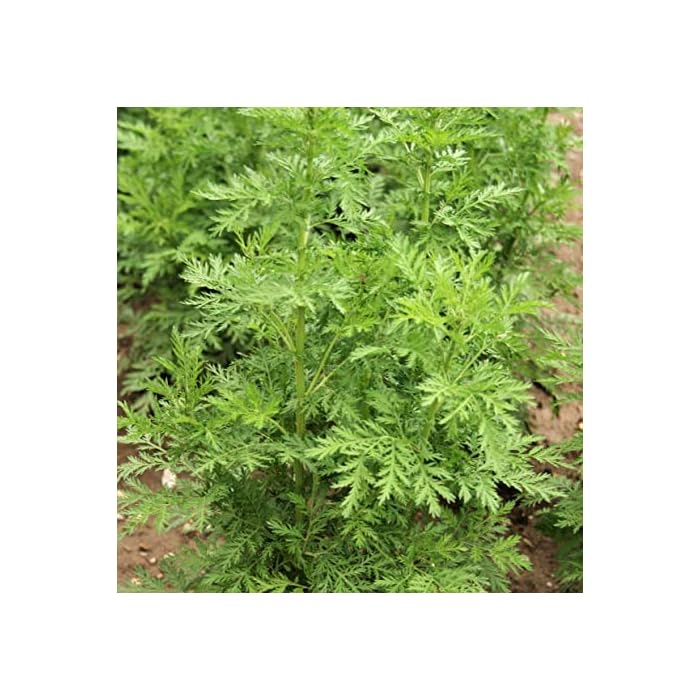
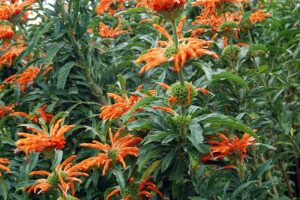
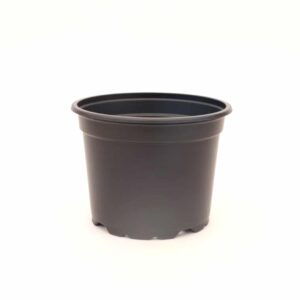
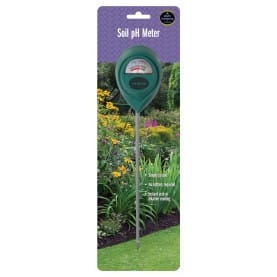
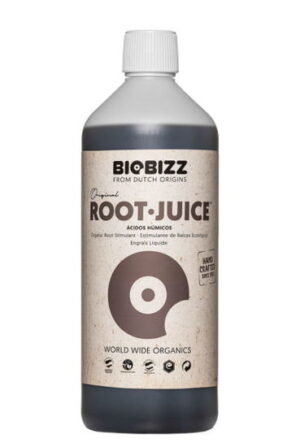
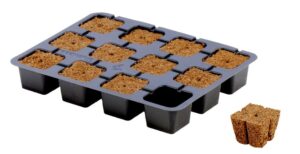
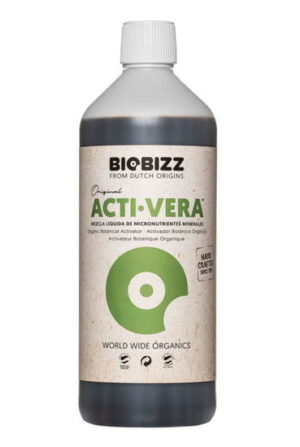
Reviews
There are no reviews yet.